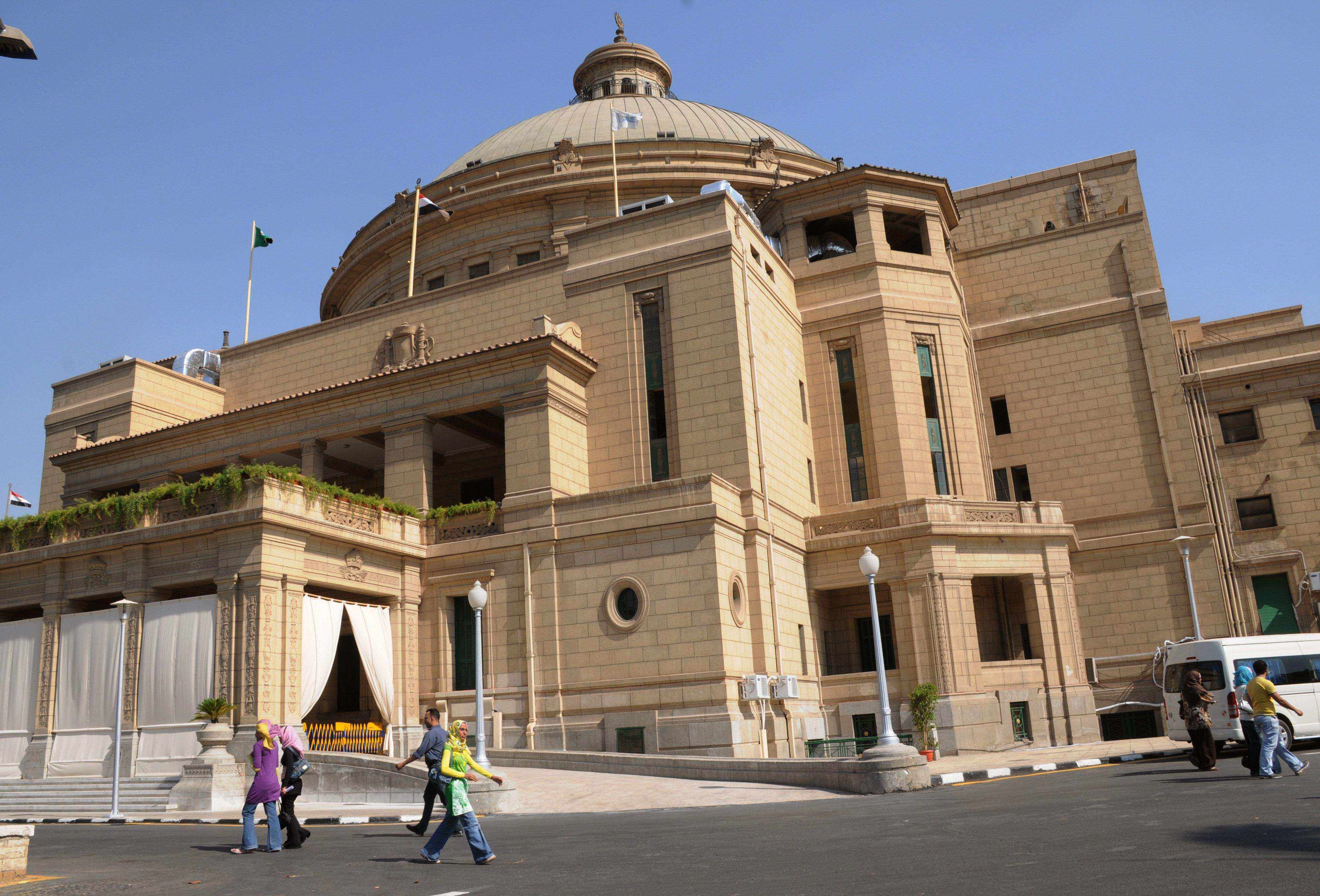
(AFP Photo)
By Jake Lippincott
Several feminist and anti-sexual harassment groups, including HARRASSmap, I Saw Harassment (Shoft Taharosh) and Tahrir Bodyguard released a joint statement Friday condemning a high-profile incident of sexual assault at Cairo University, and the university’s official response to it.
On 16 March a female student at Cairo University was attacked by a mob of her fellow students who sexually and verbally assaulted her and filmed the attack with mobile phones.
The statement laments that such mob attacks on women have “become familiar in Egypt in recent years” and that the incident is “the latest episode in a series of continuing government failures to protect women’s rights to freedom of movement, physical safety and freedom from violence”.
The statement goes on to criticise the way the university handled the aftermath of the incident, particularly the controversial statements made by University President Gaber Nassar.
Immediately after the incident Nassar claimed that both the woman and her attackers were to blame for the assault, saying that the woman, who was wearing a long sleeve shirt and pants at the time of the attack, provoked the men with her “inappropriate clothing.” He went on to say that the university was planning on bringing disciplinary action against the woman as well as her attackers.
While Gaber and the university eventually backed off threats to discipline the woman, he maintains that the woman’s clothing was partially responsible for the attack: “The mistake of the female student does not justify what happened from the other students.”
The groups criticised Gaber in the Friday statement, saying: “The idea that a girl who was physically assaulted could in any way be responsible for what happened to her removes culpability from the perpetrators and places it on the victim, thus continuing the social normalisation of sexual violence against women.”
The statement goes on to “demand[s] that the university president apologise to the victim and correct his error by applying strict policies and regulations to combat sexual harassment and violence and provide support to survivors and those assaulted.”
The statement also calls on the government “adopt a comprehensive strategy to combat such incidents by reforming its security apparatus, and by amending school curricula to promote equality between the genders and the values of dignity and physical inviolability.”



